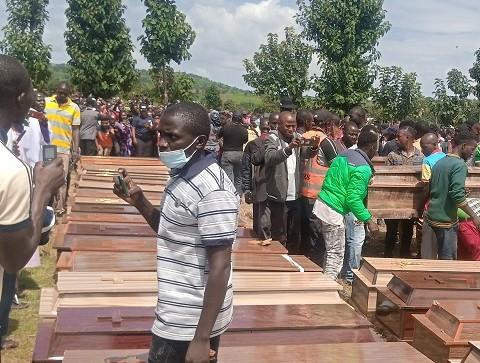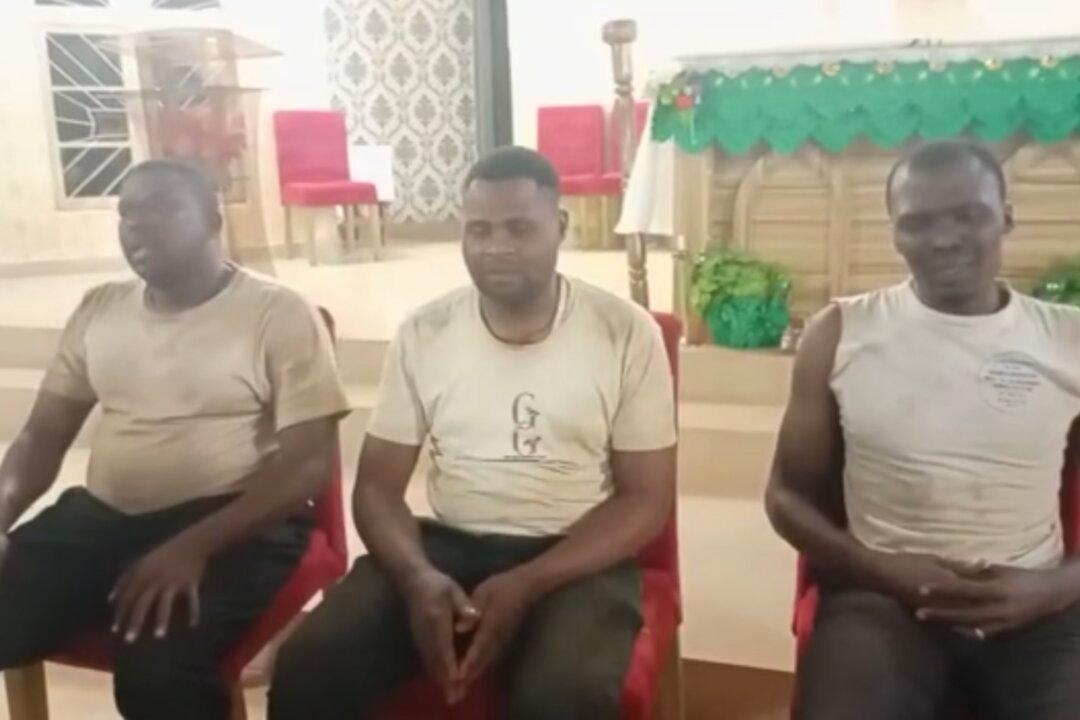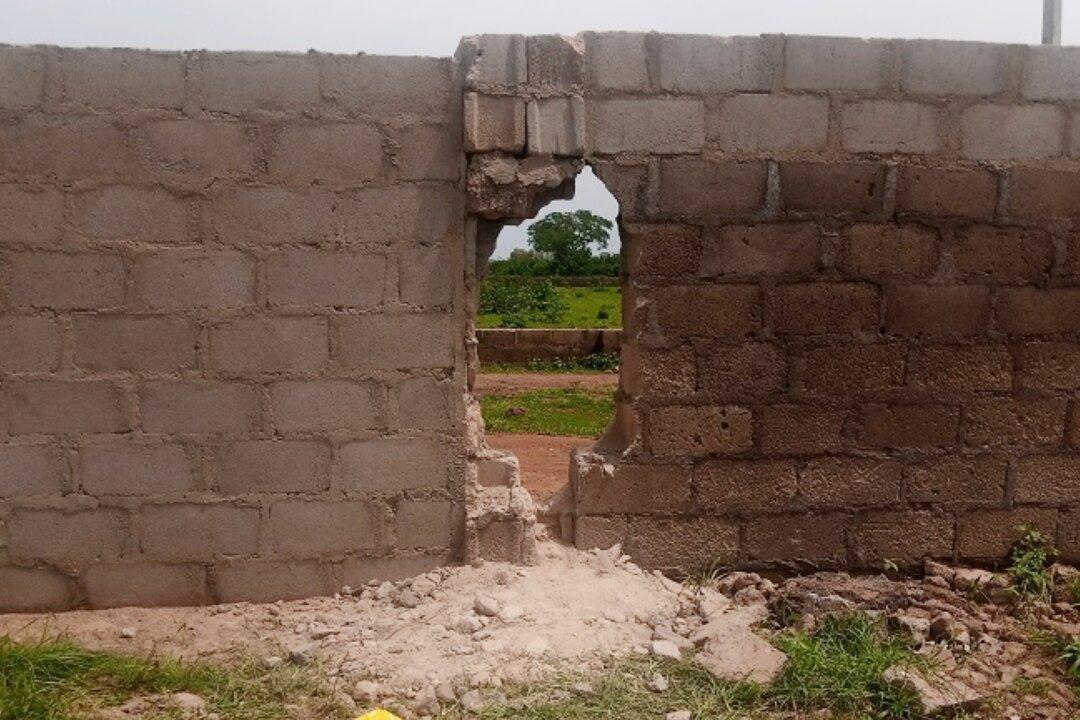KADUNA, Nigeria—One month after massacres that claimed the lives of 38 people in Central Nigeria’s State of Kaduna, Fulani terrorists have struck the Christian farmers in a neighboring county and claimed four more victims, according to the state commissioner of security. Yet authorities have yet to arrest suspects in either massacre.
“The military and police authorities have reported to the Kaduna State Government that four people have been killed and three others injured during a clash between locals and some herders in Jankasa, Zangon Kataf Local Government Area, [a unit similar to a county]” according to a press release of Kaduna state Commissioner of Internal Security and Home Affairs, Samuel Aruwan on Tuesday, Oct. 26.





